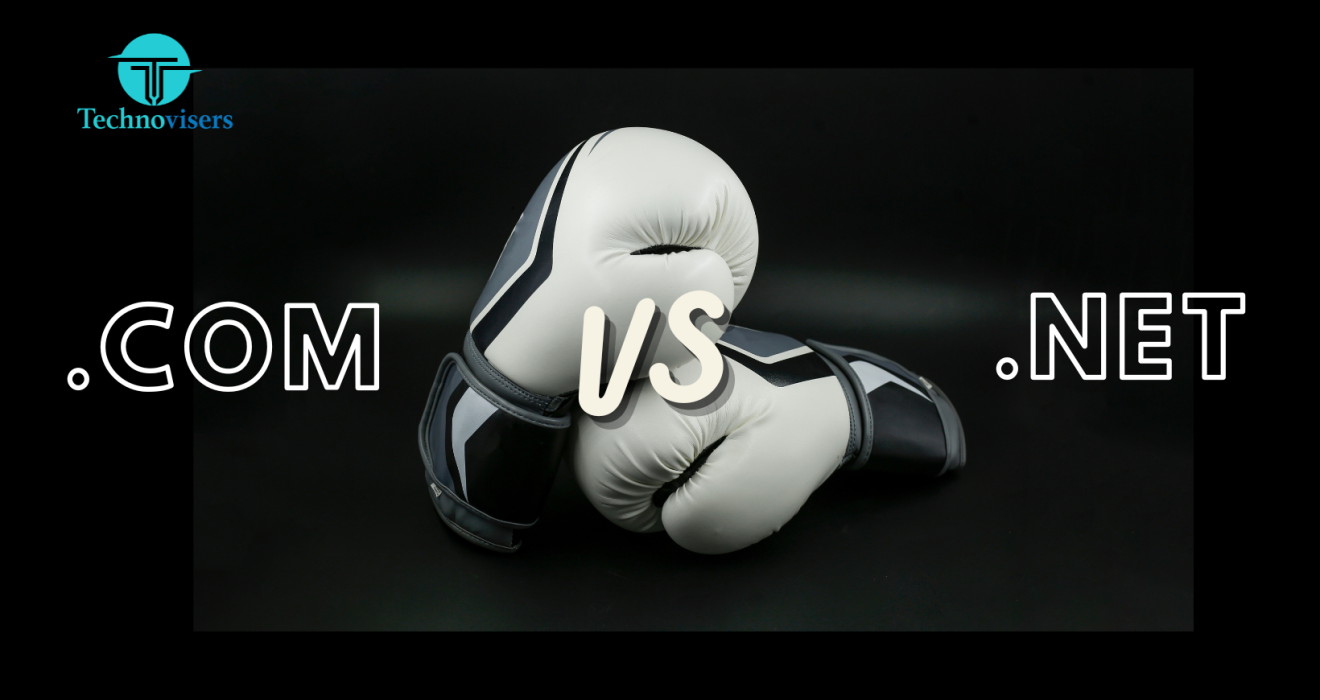.COM vs .NET
Introduction:
In the ever-evolving digital landscape, selecting the most appropriate domain extension for your website is a decision that carries significant weight. Among the plethora of choices available, the .com and .net domain extensions stand out as two of the most prominent. In this in-depth exploration, we will dissect the differences between .com and .net, offering insights to help you make a well-informed decision that aligns with your specific objectives and online aspirations.
The Dominance of .com:
The .com domain extension has long been the epitome of online presence. Originally designed for commercial entities, .com has transcended its initial purpose and become the default choice for businesses, organizations, and individuals alike. Let’s delve into the reasons behind the enduring popularity and dominance of .com.
Global Recognition and Trust:
The .com extension enjoys unparalleled global recognition. Users across the world associate .com with credibility, professionalism, and reliability. When individuals think of a website, the default assumption is often a .com address, instilling a sense of trust.
Memorability and Direct Navigation:
The widespread use of .com has contributed to its memorability. Users are more likely to recall and directly navigate to a .com domain, making it an advantageous choice for those aiming to maximize visibility and accessibility.
SEO Advantages:
While domain extensions themselves do not directly influence search engine rankings, having a .com domain may offer slight SEO advantages. Search engines often perceive .com domains as more trustworthy, potentially impacting organic search visibility.
The Allure of .net:
Originally intended for network-related websites, the .net domain extension has evolved into a versatile alternative to .com. Although not as ubiquitous, .net has found its niche, particularly among businesses, startups, and tech-oriented ventures. Let’s explore the unique benefits that .net brings to the table.
Technical Associations and Focused Branding:
The .net extension inherently suggests a technical or network-related focus. If your website revolves around technology, networking, or community building, opting for a .net domain can be a strategic choice, conveying the nature of your content to visitors.
Availability and Distinctive Branding:
Due to lower demand compared to .com, .net domains may offer greater availability. This can be advantageous if your desired .com domain is already taken, providing an opportunity for a distinctive and memorable .net domain that sets your brand apart.
Versatility in Brand Identity:
Choosing a .net domain provides an alternative branding opportunity. It allows your website to stand out from the typical .com landscape, especially if your brand identity aligns with the technical or community-oriented connotations associated with .net.
Making an Informed Decision:
The choice between .com and .net hinges on various factors, including the nature of your website, your target audience, and your overarching branding strategy. If your primary goal is global recognition, credibility, and a default choice for users, .com remains the undisputed leader. Conversely, if your focus is on technology, networking, or you seek a unique and memorable domain, .net emerges as a compelling alternative.
Consider the following factors when making your decision:
Brand Identity: Evaluate whether your brand aligns more naturally with the broad and universally recognized .com or the technical and network-oriented associations of .net.
Target Audience: Consider the preferences of your target audience. If your audience is tech-savvy and values technical aspects, a .net domain may resonate better with them.
Availability: Assess the availability of your desired domain. If the .com version is unavailable or already in use, exploring a .net domain could provide a feasible and distinctive alternative.
Conclusion:
Choosing the right domain extension is a pivotal step in establishing a robust online presence. Whether opting for the timeless and globally recognized .com or the versatile and technical .net, understanding the nuances of each is crucial for making an informed decision. Your choice should align with your brand, target audience, and the nature of your content, setting the foundation for a successful online journey in the competitive digital landscape.

